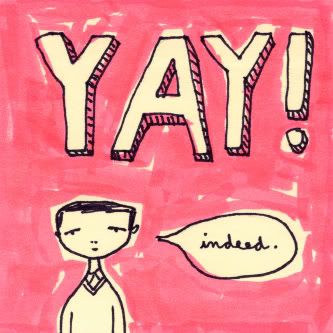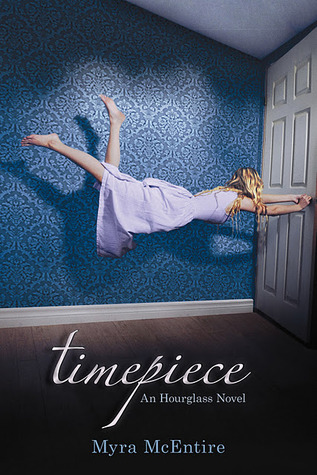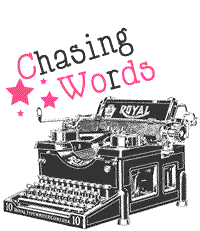
Recently, the subject of book banning has come to my attention in full force. I've heard of books being challenged or banned, but I never took an interest in wondering why the book was being challenged, because for the most part I hadn't read that book prior to hearing of its banning. Lately though, I'm here more and more stories of some of my favorite books being challenged and dug a little deeper to see the reason for some people believing these books should be taken off the shelves.
The reasons for the novels being challenged truly shocked me. Most of the claims are completely a matter of one person's opinion over another's, which is in no way an excuse for a making a book unavailable for everyone in the area. Others aren't backed up by any evidence whatsoever. One woman in Florida is campaigning to have warning labels placed on YA books
across the country. This is an excerpt from the article:
"What we're talking about here [are books] depicting a lifestyle that just doesn't work if they're going to be the leaders of our nation," she said. "It's a shame that we as a community are feeding [teens] this kind of garbage."
The Leesburg library issue began in 2008, after Fechtel glanced at some books that her then 13-year-old daughter had borrowed from the library.
GLANCED, not read. A mom
glanced at a book that her daughter brought home, and since she's a serial book banner has decided that she wants warnings put of books all over America. This is the same woman who challenged The Bermudez Triangle by Maureen Johnson in Florida, which happens to be a fantastic novel, on the grounds that it includes "vulgar content,such as teen sex, and depicted illegal acts such as drug use." *is confused* Yeah, I've read The Bermudez Triangle and don't remember any of that happening in the story. This must've been another act of glancing instead of reading.
Okay, I'm trying not to get into a full blown rant, but I do feel very strongly about this topic. At the NYC Teen Author Festival I got to speak to an author who had a book challenged, and she showed me another example of an empty claim. She said that her book was challenged because someone thought it was basically a story about strippers and other "vulgar content." It turned out that on the first page one bit of dialogue consisted of a girl saying that another girl was dressed like a stripper. There were no other mentions of girls on poles throughout the whole story. This means that another
glance turned into a headache and legal battle for an unsuspecting author.
My personal opinion is that the individual should have the right to choose what books they want to read, and shouldn't have the choice taken away from them. I also think that books shouldn't be labeled as "Mature," or having "Adult content," because this is also a matter of opinion. I think that this excerpt sums up my feelings perfectly:
Book-banning never solves any problems or resolves any conflict; reading does. For children, the opportunity to read about difficult subjects, to question what they read, and to discuss those ideas in their classrooms, living rooms and playgrounds is a fundamental right. It must be protected.
I'm sure many of you have heard about books being banned and think I'm not telling you anything you don't know, but for those who are unaware of the subject I hope that this gave you a little more information. Now, I'm not just telling you about this so you can feel sorry for kids who can't read a good book. YOU can do something to help! Start by commenting on articles like
this, letting the people reporting about these bannings know how YOU feel about it. Also, if there are any books being challenged in your area, get some information on it. If the book is being challenged for reasons that you don't see just, say something about it! Talk to your local librarian or anyone else who might be able to help you stop what's going on. Basically, stand up for the books you love!
Have a great day everyone!
 I've literally just finished reading The Body Finder by Kimberly Derting, and needed to tell how much it affected me. Books often make me laugh, and even more often than that make me cry. This book picked my poor little sappy heart up and ripped it to shreds while laughing maniacally. I've decided to not write a formal review for this book, because it left me truly shaken. I do put my heart into the reviews I write, but I felt that I wouldn't do it justice without leaving my soul on your computer screen.
I've literally just finished reading The Body Finder by Kimberly Derting, and needed to tell how much it affected me. Books often make me laugh, and even more often than that make me cry. This book picked my poor little sappy heart up and ripped it to shreds while laughing maniacally. I've decided to not write a formal review for this book, because it left me truly shaken. I do put my heart into the reviews I write, but I felt that I wouldn't do it justice without leaving my soul on your computer screen.

























